
Stevia Overview
Stevia rebudiana is a herb native to South American and Central American regions. It belongs to sunflower family (Aseraceae). Stevia is a genus that includes 240 species of herbs. Stevia is also known as sweetleaf or sugarleaf because of its sweet leafs. The leaves of Stevia are around 30 times sweeter than sugar. The extract of Stevia is up to 300 times as sweet as sugar. People of Paraguay and Brazil have used the herb as a sugar substitute for around 500 years. Stevia plant has also been used for decades in Japan after cyclamate and saccharin were banned. Nowadays, the herb is popular in many other countries too. It is used as a sugar substitute in variety of foods such as dietary beverages, low calorie foods, baked goods and others. Stevia is popular natural sweetener among diabetics because it does not increase blood glucose levels. People who are trying to lose weight or prevent weight gain like to use stevia as it contains zero calories. Stevia is often used as an ingredient of toothpastes and mouthwashes because of its anti-bacterial qualities. Also, stevia has been shown effective in a treatment of some skin inflammations like acne, dermatitis and eczema.
Stevia Side Effects
In the United States, stevia has a status of a dietary supplement. According to some scientific researches, the extract of stevia, known as stevioside, may have dangerous effect on the health of the consumer. Stevia may cause allergic reaction followed by nausea and headache.
Other possible side effects of stevia are following:Metabolic side effects – Clinical studies on animals have reported that stevioside in a large dose can interfere with absorption of carbohydrates in the body. This can finally lead to hindered production of energy within the body.Reproductive tract side effects - After experiments on male rats and female hamsters that were fed with stevioside and its derivate steviol, European researches reported stevia side effects on both male and female reproductive organs. Due to stevia, production of sperm as well as weight of the seminal vesicles ware significantly reduced. Also, scientists found that female hamsters delivered small and week offspring. This experiment indicates potential infertility due to high doses of stevioside.Cancer – In laboratory controlled experiments, stevioside derivate steviol can be converted into a mutagenic compound that can cause genetic mutation of DNA. This can promote cancer.However, these stevia side effects require further testing on humans to be confirmed. Because of that, the FDA has labeled it as unsafe food additive and approved stevia as a dietary supplement.


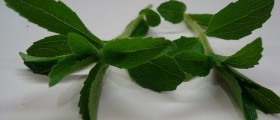
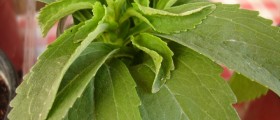
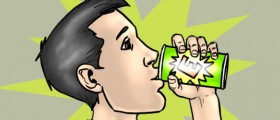

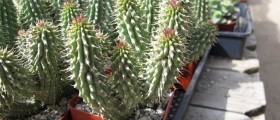
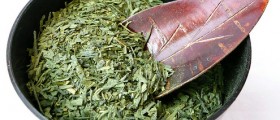
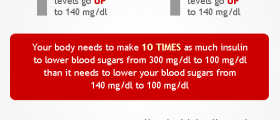
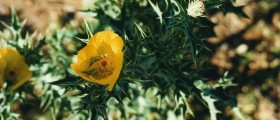
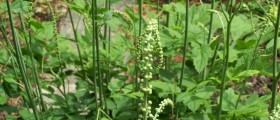
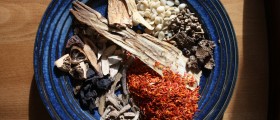

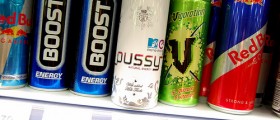

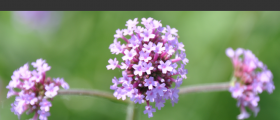
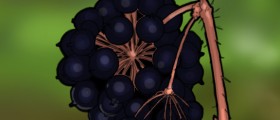
Your thoughts on this
Loading...